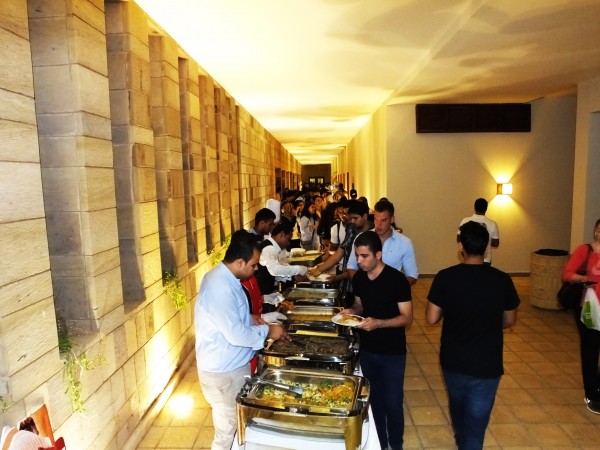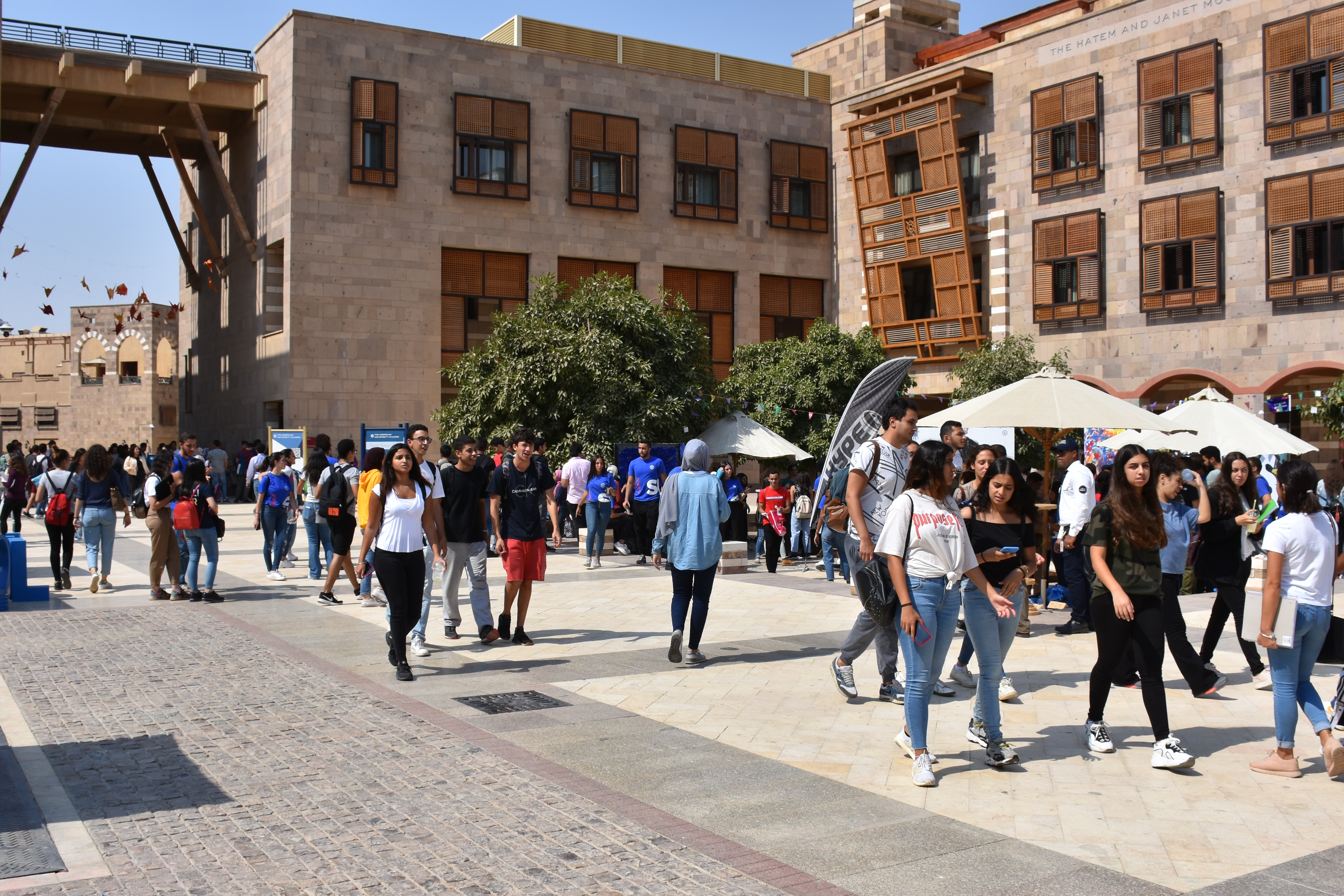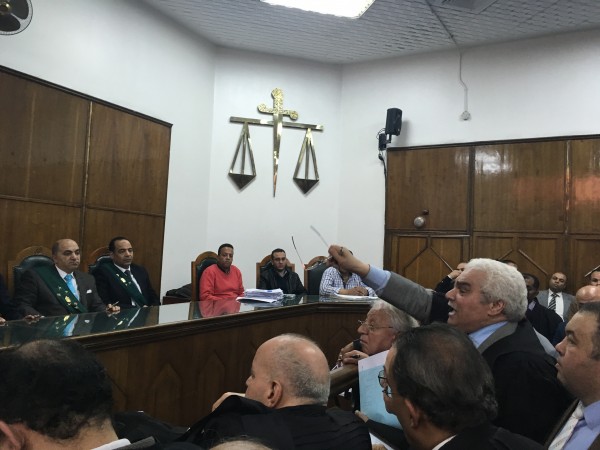Drop It, Killjoys

I know without a shadow of a doubt that the night of October 8, 2017 is a night I will never forget. After 12 years of avidly following football, my national team qualifying for the 2018 FIFA World Cup is a dream come true.
And I wasn’t alone – football is the most popular sport in Egypt.
What with the national team’s inability to qualify for the World Cup for nearly 30 years, and the fact that football fans have not been permitted to enter stadiums for local matches in nearly six years, we have been deprived of this kind of joy for a long time.
If I had joined the celebrations in the streets, I would not have gone to work the next morning. But I stayed home that night, and this gave me a chance to peruse the various posts on the many social media channels I frequented.
There was celebration, burning admiration for our national hero Mohamed Salah, and there were jokes that brought tears of laughter to my eyes. But what really caught my attention was a tweet that was neither humorous nor celebratory.
It was a picture of a young woman holding a protest sign that read: “We don’t need the World Cup, we need education, health, and above all, respect!”.
Looking at the picture, I could make out the warm clothes the people photographed were wearing, and this suggested it was taken at another time and venue, likely four years ago or even prior to that.
Nevertheless, the image was shared several hours before and after the game.
Soon thereafter, similar posts began to interrupt the steady flow of merriment. Football is known to appeal to the masses, but some on social media were trying to make the case that it was a distraction from the challenges currently facing Egyptian society.
But I am not convinced.
There are very few things I care more about than the well-being and improvement of Egyptian society – football certainly not being one of them – but I fail to see how caring about Egyptians obtaining their basic human rights and rejoicing at this historic win are contradictory.
I understand the fear that a false sense of satisfaction may distract from the real issues society needs to ponder and confront. I also understand that some believe that this euphoric atmosphere could be used as a sidetracking tactic.
But, there is no proof of that.
Past instances throughout world history prove that celebrating athletic achievement does not, in itself, stand in the way of social and political development. In fact, it has the potential to galvanize.
Amid a climate of economic and social difficulties, I do not think that this victory has any bearing on the daily life of Egyptians other than bringing a rare feeling of elation.
And achievement.
Football appeals to people from all socio-economic backgrounds. Many do not have the luxury to forget about the absence of affordable healthcare – or an effective education system – for any longer than the few hours following the match.
It seems callous that some may see the celebration as being negligent of the hardships of the Egyptian people, while being oblivious to the fact that it has reached some of the very same disadvantaged Egyptians they claim to care about.
Many Egyptians have had precious little to celebrate for years, and the joy of a football victory like this one reaches every part of our community. Leave us that joy.
It’s so very hard to come by.
Amina Zaineldine
Multimedia Journalism Alumna




